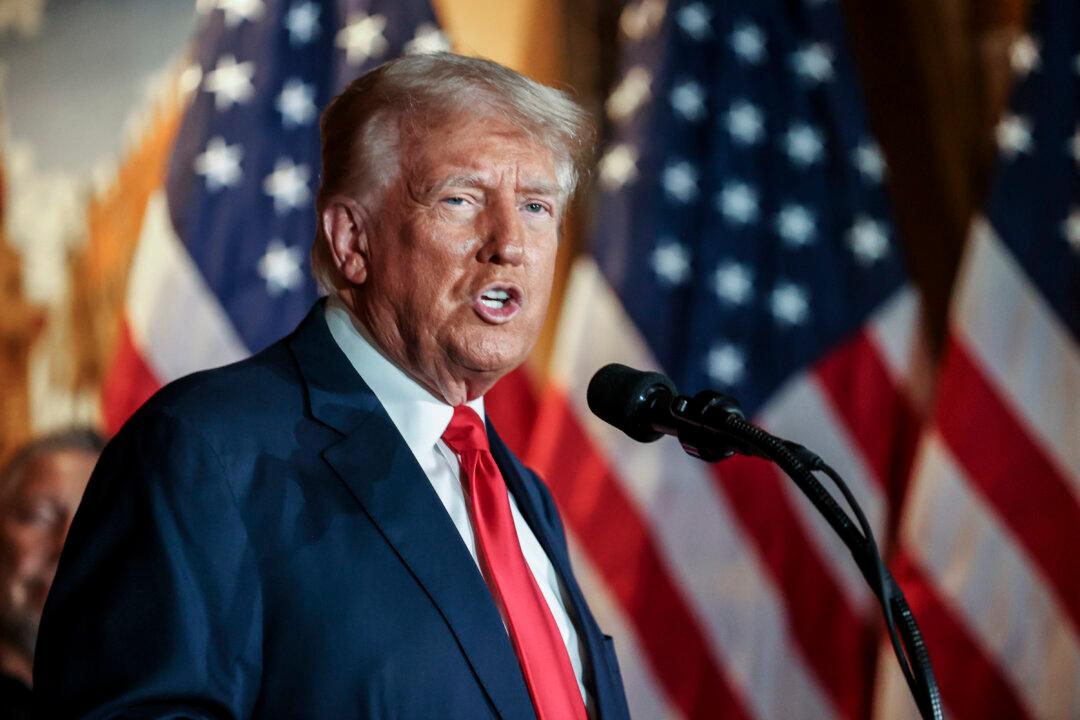Former President Donald Trump and special counsel Jack Smith are at odds over how to proceed in the high-profile election interference case against the former president, with both sides presenting contrasting strategies in a joint court filing that could see the legal battle stretch well into 2025.
In a joint status report filed at the U.S. District Court for the District of Columbia late on Aug. 30, both parties responded to U.S. District Judge Tanya Chutkan’s request for guidance on how to move forward following a recent Supreme Court ruling on presidential immunity that has had a significant effect on the case. The ruling, issued in July, granted Trump immunity for official acts but left open the possibility of prosecution for actions outside his official duties as president.





